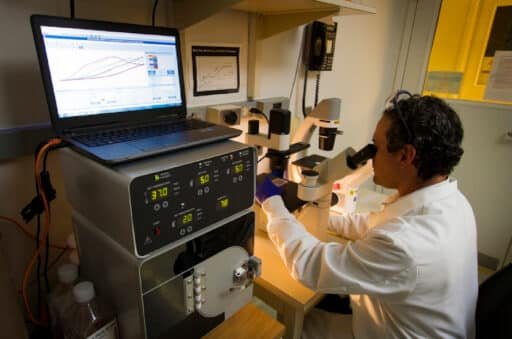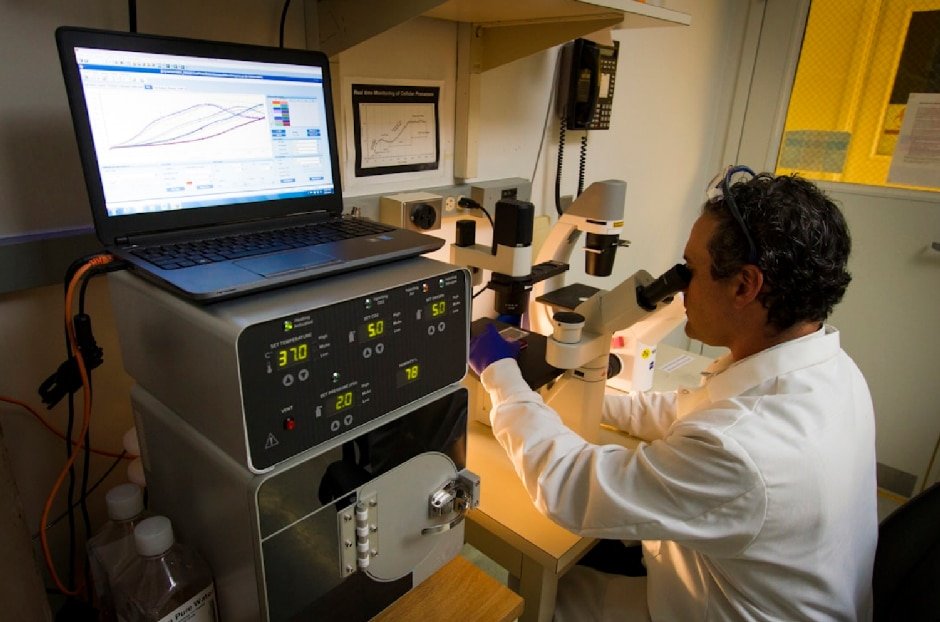The quest to understand Alzheimer’s disease is an ever-evolving fight with research aimed at unraveling its complexities. Scientists across the globe are tirelessly working to uncover the mysteries of this condition that affects millions. As they learn more about the disease’s mechanisms and risk factors, they pave the way for new preventive measures, diagnostic tools, and treatments. Below, we delve into the remarkable strides made recently in the field of Alzheimer’s research.
Breaking Ground in Alzheimer’s Research: A Look at the Latest Discoveries
Alzheimer’s disease research has been gaining momentum with groundbreaking discoveries that offer insight into its pathology. Researchers have identified new biomarkers that could prove crucial for early detection. Advances in biomolecular techniques, such as genome sequencing and neuroimaging, have revealed intricate details of the biochemical processes involved in the disease’s development.
Significant investments in research funding have enabled collaborative studies, casting a wider net for potential breakthroughs. One such promising area of investigation involves the brain’s immune responses, which may hold the key to understanding and eventually treating Alzheimer’s disease. Cutting-edge research is focusing on reducing neuroinflammation as a potential therapeutic target.
The complexity of the disease calls for a multifaceted approach, combining genetics, lifestyle, and environmental factors. The interplay of these elements has led to the realization that Alzheimer’s disease is not a monolithic disease but rather a condition with multiple influencers. This holistic perspective shapes how new treatments are developed and personalized to the patient’s needs.
The global scientific community’s commitment is perhaps best exemplified by initiatives like The Fisher Center for Alzheimer’s Research Foundation. These organizations are at the frontline of Alzheimer’s research, fostering an environment where scientists and clinicians collaborate to explore innovative solutions. Explore the work of The Fisher Center for Alzheimer’s Research Foundation here.
Unraveling the Genetic Factors: Advances in Alzheimer’s Genomics


Alzheimer’s genomics is a burgeoning field guiding researchers toward understanding genetic predispositions to the disease. High-throughput sequencing technologies have illuminated the role of familial history and specific gene mutations. The landmark discovery of the APOE gene’s link to Alzheimer’s has spurred further investigations into the genome’s various aspects.
Precision medicine is another promising domain arising from genomics. It analyzes each patient’s unique genetic makeup to tailor personalized therapies. This approach aims to mitigate the disease’s progress by targeting genetic risk factors specific to the individual.
The Role of Lifestyle in Preventing Alzheimer’s: Insights from Recent Studies
Recent studies have highlighted the significant role of lifestyle choices in Alzheimer’s prevention. Dietary patterns, physical activity levels, and cognitive engagement have all been seen as pivotal in reducing the risk of developing the disease. Balanced diets rich in antioxidants and omega-3 fatty acids are shown to bolster brain health.
Mental stimulation through activities such as learning new skills or engaging in problem-solving tasks is believed to enhance cognitive reserve. By creating new neural pathways, the brain may become more resilient to the impacts of Alzheimer’s. Researchers advocate activities that challenge the mind as a potential defense against cognitive decline.
Physical exercise has also been associated with a lower risk of Alzheimer’s. Aerobic activities, in particular, are beneficial as they promote cardiovascular health and facilitate blood flow to the brain. Regular exercise is believed to reduce brain amyloid deposition, one of the hallmarks of Alzheimer’s disease.
In addition to mental and physical wellness, emotional well-being is equally crucial. Studies suggest that social connectivity and stress management may influence Alzheimer’s risk. Maintaining strong social bonds and coping with stress through mindfulness or therapy can contribute to a healthier, more protected brain.
The Importance of Early Detection: New Techniques in Diagnosing Alzheimer’s Disease
Early detection of Alzheimer’s disease is crucial for managing its progression and planning treatment strategies. New diagnostic techniques are becoming increasingly sensitive and accurate, allowing for earlier intervention. Biomarkers in cerebrospinal fluid and advanced imaging techniques, such as PET scans, can identify Alzheimer’s disease before significant cognitive decline occurs.
Researchers are also seeking ways to detect Alzheimer’s disease through less invasive methods. Blood tests that can identify markers of the disease are under development, presenting a more accessible and cost-effective alternative to current diagnostic procedures.
The exploration of digital biomarkers is another exciting development. Through the use of smartphones and wearables, it’s becoming feasible to track cognitive and motor changes over time. These devices can provide continuous, real-time data that may signal early signs of Alzheimer’s.
Overall, the advancements in Alzheimer’s research are fostering hope and guiding the scientific and medical communities toward a future where this disease can be effectively treated and ultimately cured. From the depths of genetic research to the promise of innovative therapies, the quest continues for knowledge and solutions that will ease the burden of Alzheimer’s disease for individuals and societies worldwide.





